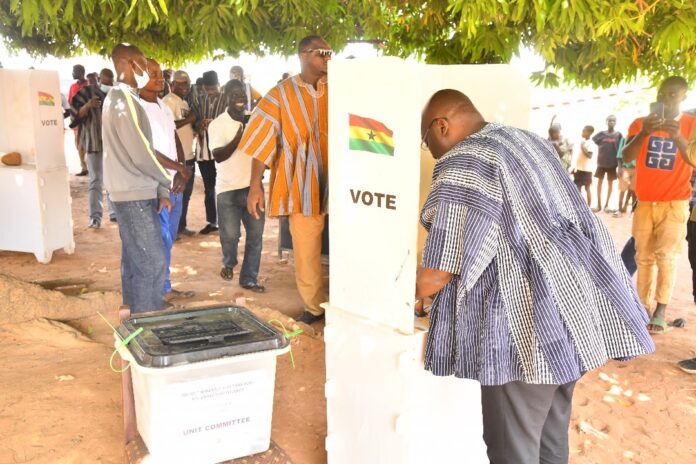A recent study published by The Economist has revealed that there is not much correlation between the academic credentials of people and their political fortunes.
It says that, globally, most educated politicians who lose their bid for re-election are about the same number as those with less formal education.
Nonetheless, it is becoming increasingly difficult for individuals without degrees to get their names on the ballot.
A 2015 study which also examined the performance of U.S. Congress members over the 20th century found that those with college degrees did not serve longer, pass more legislation, or win reelection more often than those without degrees.
A more recent study in Spain revealed that mayors with degrees were no better than others at reducing unemployment, balancing budgets, or attracting new residents to their cities.
Countries that fill their parliaments with lawyers do not necessarily enjoy significantly stronger rule of law, according to the research.
It indicate that national legislatures, at least in terms of education, have become less reflective of the populations they are supposed to represent. This trend could have unfortunate consequences.
Those who attain unusually expensive educations often have different priorities from the “average” person.
Citizens are less likely to vote if they do not see people like themselves on the ballot. While parliaments worldwide are gradually becoming younger and slightly more gender-balanced, they are also becoming more elite, Klix.ba writes.
This was part of a report which studied the level of education of politicians across the globe, where Ghana was ranked 7th.
Ghana ranks 7th globally for most educated politicians – Reports








